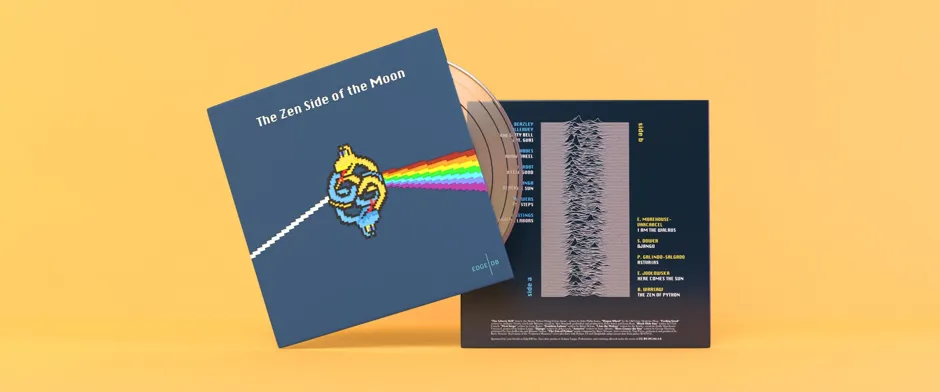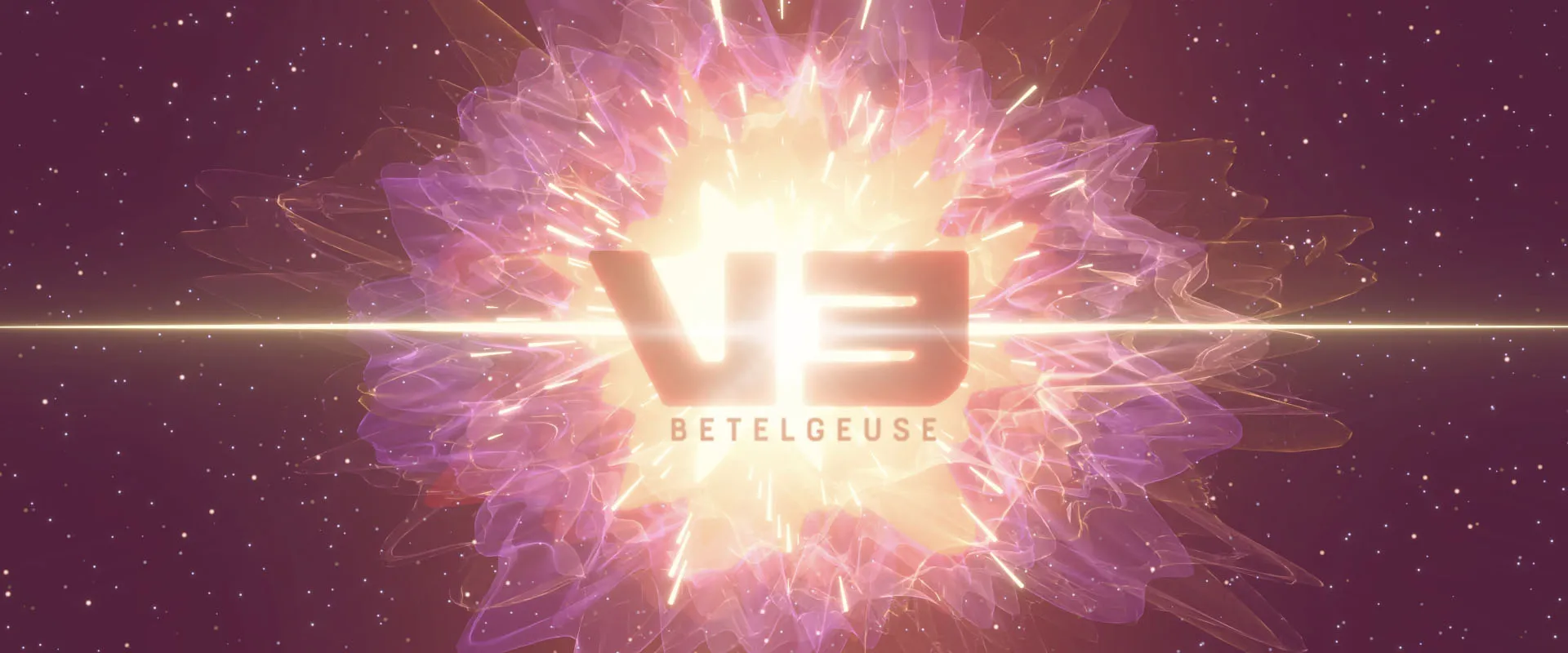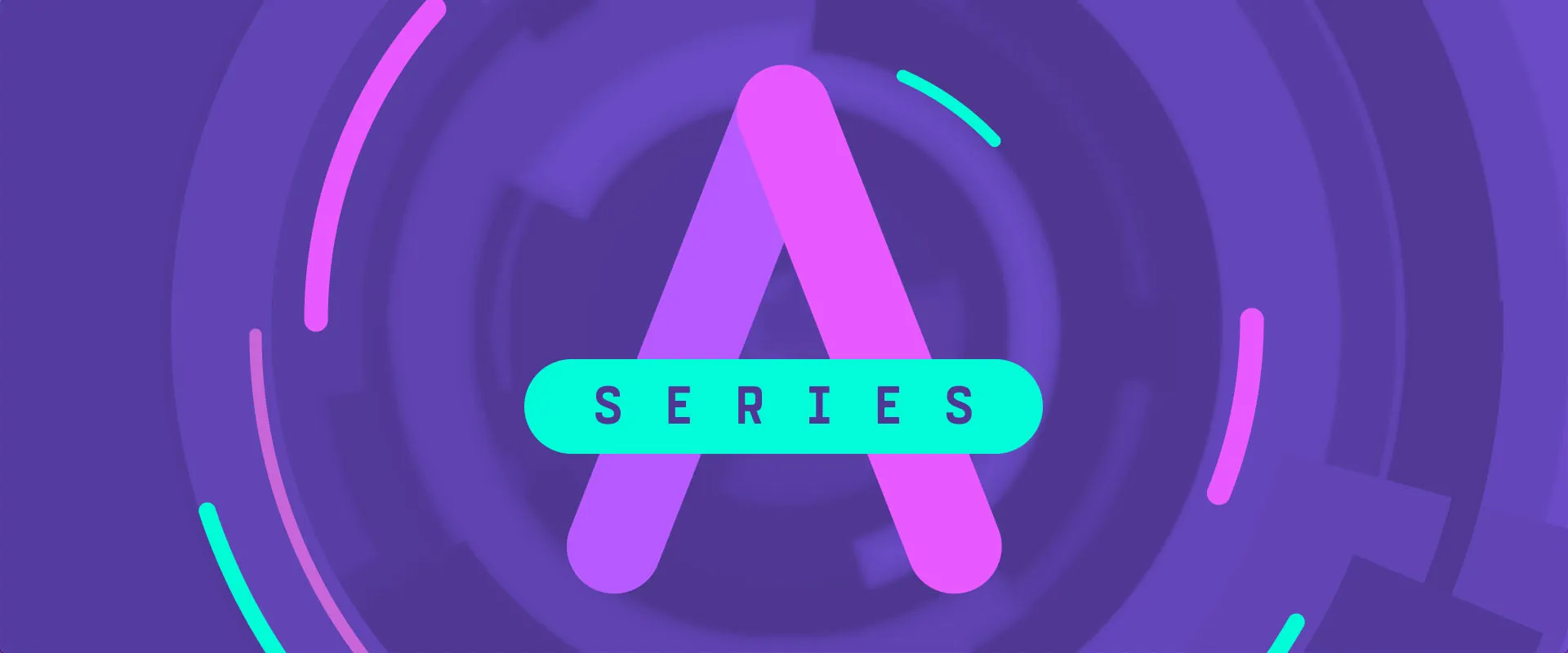Back in 2020, before covid interrupted all plans, EdgeDB asked members of the Python community to take part in a unique project: a one-off vinyl record with musical contributions from Pythonistas. A physical album that was supposed to be auctioned off at PyCon US 2020 to support PyLadies. We’re happy to announce that it will be part of this year’s PyLadies Auction in Salt Lake City!
The covid years interrupted plenty of plans. PyCon US was supposed to take place in Pittsburgh, and the annual Core Python Sprint was planned at Google. Suddenly, everything got canceled. Many events could transition to an online-only form. We did our best to participate and even co-organize some. Sadly, not everything translates well to the virtual world. The online core sprints weren’t the same as in-person collaboration, and the online conferences lacked the “hallway track”. Similarly, we felt that the annual PyLadies Auction during PyCon US works best as a live event.
Fortunately, some of the events and related plans that were canceled in 2020 turned out to be only postponed. The Core Python Sprint at Google did eventually happen in October 2022. PyCon US returned to its in-person form in 2022, too. Turns out we won’t even miss Pittsburgh as PyCon US 2024 and 2025 will happen in that city!
This year we’re returning to Salt Lake City, and we’re bringing the unique vinyl record with us!
Why support PyLadies?
Before we get to why you should bid high on that record in particular, it’s worth talking a bit about the PyLadies and why they are a worthy target of your charitable contributions.
PyLadies is an international mentorship group for underrepresented genders in tech, such as but not limited to women, non-binary people, and trans people. It focuses on helping our community become active participants and leaders in the Python open-source community.
There are over 120 chapters of PyLadies all over the world, organizing meetups, workshops, and online resources to elevate their members and the greater programming community.
Track by track
1. Liberty Bell
Python, the programming language, takes its name from Monty Python’s Flying Circus. What better way to start the album than with the march used in its opening credits?
Masterfully performed by icons of Python education: David Beazley and Nicholas Tollervey. There’s also a crucial contribution at the end from Guido himself.
2. Wagon Wheel
Brandon Rhodes, a well-known Python teacher, opted for a song by the Old Crow Medicine Show. In the style of folk Bob Dylan, the nostalgic tune features a harmonica solo. Brandon sings and plays guitar in the song.
3. Feeling Good
Lynn Root, working at Spotify but known worldwide for being the Chair of the PyLadies Global Council, plays bass in this evergreen blues standard. It’s a powerful rendition starting with loungey Rhodes piano with delicate percussion and transitioning to all-out distorted guitar mayhem. Alex Simonoff sang, Peter Sobot performed and produced the song.
4. Black Hole Sun
In early 2020 the auto-formatter Black was rising in popularity. Those were the days of considerable controversy but also big excitement! For my own contribution to the record, I was looking at songs that would play on this association. Ultimately, it was a coin toss between this Soundgarden banger and “Black” by Pearl Jam.
How does it sound? Think: “What if Black Hole Sun but played by Nine Inch Nails?” Sadly, it’s not Trent on the vocals.
5. First Steps
Alethea Flowers contributed this delicate chiptune-style cover from the soundtrack to the game “Celeste”. Amazingly, the track is performed on a synthesizer that Alethea herself made. She later went on to found a business that specializes in eurorack synthesizer modules, including ones that you can program in CircuitPython.
6. Fruitless Labors
Did you know that Larry Hastings plays the piano? He does, and he’s good, too! But did you know he can sing just as well? This Brian Dewan song is an excellent showcase of his skills on both fronts.
7. I Am The Walrus
Emily Morehouse-Varcarcel currently serves as a Python Steering Council member. Back in 2020, she was responsible for the implementation of the most controversial feature of Python 3.8: the assignment expression, known affectionately as the walrus operator.
It’s quite a coincidence she’s also a great singer. Her rendition of the surreal “I Am The Walrus” from 1967 proves this while also fitting so well with the theme of her core Python contribution. I worked on the arrangement for the song on a trip to Malta, my last pre-covid vacation.
8. Django
Steve Dower is the Windows expert within the Python core team. After hours he can hold his own at the jazz piano. This piece by John Lewis has it all: a brooding late-night impromptu intro, ragtime, and a classical ballad finale.
9. Asturias
Who is Pablo Galindo Salgado? A member of the Python Steering Council. A core
developer who contributed to the new parser, revamped the error messages of
CPython in 3.9, then in 3.10, and now in 3.12. Did I mention he added the first
JIT to Python as part of his support for the Linux perf tool? Yeah, he did.
He’s also a physicist specializing in black holes and a master at card tricks. If all that isn’t enough to impress you, listen to his flawless ultra-fast rendition of Isaac Albéniz’s “Asturias”.
10. Here Comes The Sun
We miss Ewa Jodłowska at the Python Software Foundation! She was part of the organization for many years. In this intimate performance, she plays the Beatles standard on violin alongside her teacher, Brittany Nelson.
11. The Zen of Python
The perfect closing track. Python’s “Friendly Uncle for Life” takes the text of PEP 20 and writes an entire song around it. He’s truly the multi-instrumentalist: he sings and plays bass, guitar, and keyboards in the song. Barry even wrote a detailed post about how he went about it.
The physical side of the record
The actual vinyl record is transparent. Each side contains a unique sticker.
The front cover is a play on Pink Floyd’s “Dark Side of the Moon”, drawn in
8-bit computer style. The center snakes are a variation of the python.exe
icon from the early 2000s. It’s unclear at this point who the author of that
icon was, maybe Mark Hammond? The variation uses the Mayan snakes/yin-yang
shape and colors of the current Python logo. Hopefully, all those cues
translate naturally to Python community members!
The back cover mimics the Joy Division cover of “Unknown Pleasures”, which was created by graphing signals from pulsar B1919+21. This version is a recreation using Python 3.8 and Matplotlib using data from that same pulsar gathered at the time of producing the record (late 2019).
The digital files
The highest bidder will get the physical record, but they will also receive a bundle with the digital audio files. If they so choose, they can share the files with other people. Should they choose not to, the record will continue existence as a globally unique item. Comparisons with the last Wu-Tang Clan album not unfounded!
You should bid on it
This was a lot of work, but mostly it was a fun project to do. We’re sure the end result is a worthy piece for the PyLadies Auction. Not only is this a one-off unique vinyl record that is a heartfelt snapshot of a moment in time for Python, but the money all goes to a good cause! We hope to see you in Salt Lake City for the conference. Don’t be a stranger and say “Hi!”


